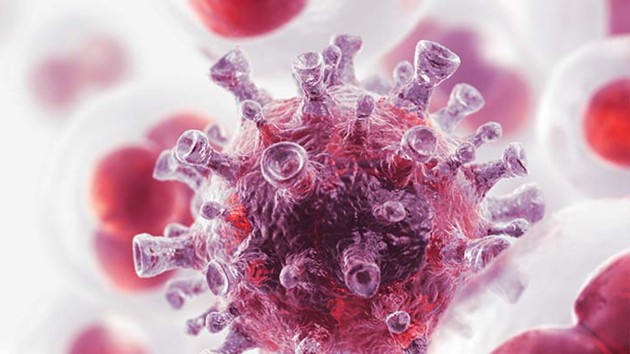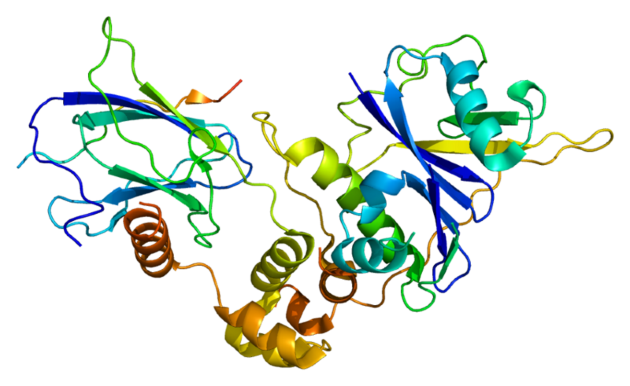Collections
Filters
-
Collection Type
-
-
Collection |
 BMI, Obesity and Cancer Risk
BMI, Obesity and Cancer Risk
Increasing Body Mass Index (BMI) is a growing problem from several perspectives. Although it is well known that tobacco smoking greatly increases cancer risk, today, a higher proportion of the global population is affected by increased BMI, and a developing body of evidence now supports the role played by BMI in the risk of a large number of different cancers.
-
Collection |
 Editor’s Pick Collection
Editor’s Pick Collection
The British Journal of Cancer publishes articles on a wide range of cancer research, including basic biology of therapeutic relevance, translational research, early- and late-phase trials, epidemiology, and precision medicine. Updated each month, our Editor's Pick showcases a curated selection of those articles which are stimulating the most interest via electronic communication and other methods. This Collection reflects the diversity, quality and relevance of the articles published in BJC. We hope you enjoy reading this Collection, and we welcome your correspondence on these studies.
Image: JUAN GAERTNER/SCIENCE PHOTO LIBRARY; KATERYNA KON/SCIENCE PHOTO LIBRARY -
Collection |
 Colorectal Carcinoma: Cancer Genetics
Colorectal Carcinoma: Cancer Genetics
Colorectal carcinoma (CRC) is a leading global cause of cancer death. Efforts to understand the drivers of CRC have uncovered several genetic determinants, but further work is needed to further elucidate its genetic aetiology, and to identify high risk individuals. Four new studies, supported by the European Cooperation in Science and Technology (COST) framework, are presented in this dedicated Collection on CRC cancer genetics. In the accompanying editorial, Luis Carvajal-Carmona (UC Davis, California) assesses their impact, and highlights the need for collaborative international research efforts to answer complex clinical questions.
Image: JUAN GAERTNER/SCIENCE PHOTO LIBRARY; KATERYNA KON/SCIENCE PHOTO LIBRARY -
Collection |
 Cellular and Molecular Biology
Cellular and Molecular Biology
To mark the launch of our new Cellular and Molecular Biology section in the British Journal of Cancer, we present a series of articles to highlight our best research and reviews in this area.
Image: Colin Goding (Ludwig Institute for Cancer Research, University of Oxford) -
Collection |
Cancer Immunotherapy Collection
Immunotherapies have revolutionised therapy for some cancers.In particular, antibodies that block signals that reduce inhibition of T cell function, have led to complete regressions that are maintained for years, in melanoma and now in bladder cancer and non-small cell lung cancer. Recently, chimeric antigen receptor T cells have produced remarkable responses in patients who have failed multiple other therapies. In parallel with therapeutic trials, many other mechanisms and pathways are being investigated in optimising these treatments.Many of these areas are covered in this collection of papers and reviews.
-
Collection |
 Trends in Cancer Incidence and Mortality in Scotland
Trends in Cancer Incidence and Mortality in Scotland

 2019 Nobel Prize in Physiology or Medicine: Celebrating the Winners
2019 Nobel Prize in Physiology or Medicine: Celebrating the Winners